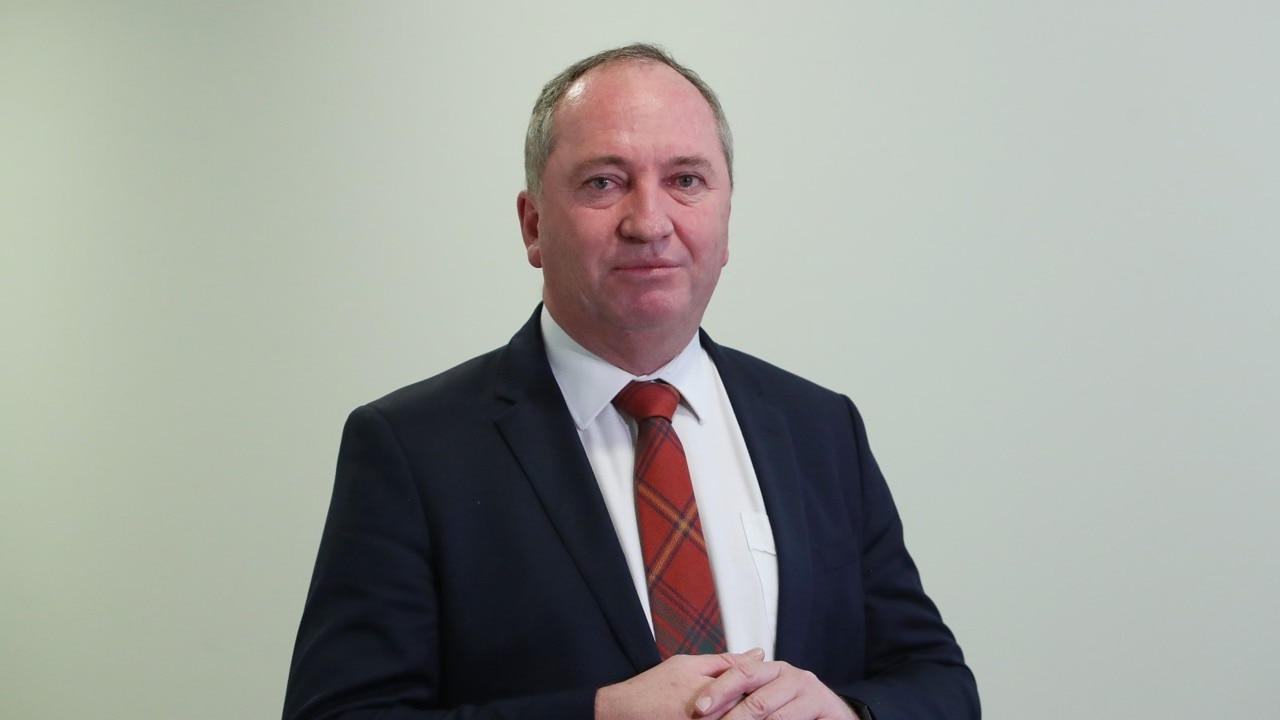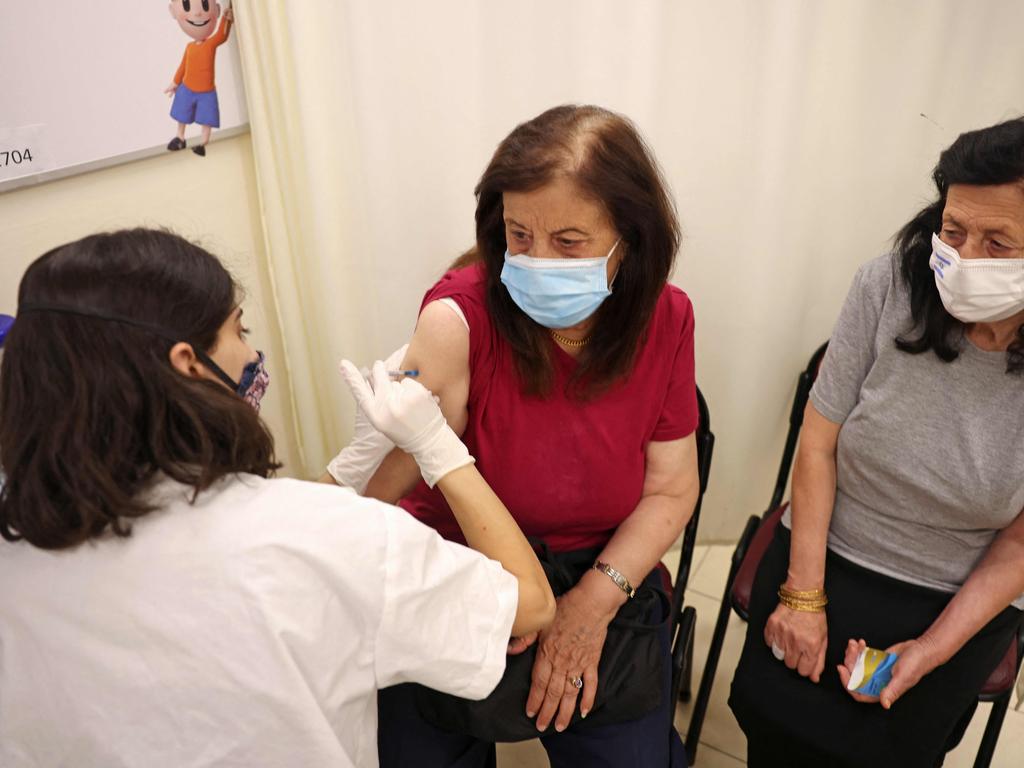
It takes a Christian with chutzpah to bet on Christmas. But the Prime Minister has set his sights on opening the country in time for Santa. On Friday, he met with the national cabinet to hatch a plot against Covid’s grip on power. Armed with modelling from the Doherty Institute, cabinet set vaccination thresholds for charting a path out of the pandemic. When 70 per cent of the population is fully vaccinated, lockdowns will become less likely, some international arrivals will be permitted and vaccinated residents will enjoy greater freedoms such as reduced quarantine requirements.
At about 80 per cent, lockdowns will be “highly targeted”; vaccinated residents will have greater freedom of movement and be permitted to travel internationally. The travel bubble will be extended to other “safe” countries and inbound citizens who have been fully vaccinated will enjoy reduced requirements for re-entry.
The long-awaited end to Covid winter is in sight. Yet psychologists have warned that mental health can deteriorate as societies move out of pandemics. For The Atlantic, the Covid mind is a tale of two stories. The first ran in July 2020. Jacob Stern marshalled research and experts who warned about an impending mental health disaster. Stern observed that a third of Americans were already feeling severe anxiety. Texts to a federal emergency mental health line had increased 1000 per cent.

It was widely believed that people were at risk of post-traumatic stress disorder. There was historical precedent; in the four years following the SARS pandemic, more than 40 per cent of survivors in Hong Kong were found to have a psychiatric illness. There were “delirious patients” in America with “chilling hallucinations”. Stern contended that: “A wave of psychological stress unique in its nature and proportions is bearing down on an already-ramshackle American mental healthcare system.”
A year on, The Atlantic was emerging from dystopia. Psychology professors Lara Aknin, Jamil Zaki and Elizabeth Dunn reported on their efforts to quantify the psychological effects of the pandemic. They examined studies from nearly 100 countries that measured variables such as life satisfaction, anxiety, depression and deaths by suicide.
While there had been an initial and dramatic increase in reported levels of anxiety and depression, including clinically significant forms of psychological distress, recovery began during 2020 “as spring turned to summer”. The researchers found that life satisfaction had remained stable in the year. In some countries, the rate of suicide had declined. The professors cautioned that the studies were limited by methodology, but suggested: “People are more resilient than they themselves realise.”
In Australia, too, researchers have found that, generally, people adapted and found ways to cope with the external shocks brought about by the pandemic. As lead researcher of the Australian Unity Wellbeing Index, Associate Professor Delyse Hutchinson, reported, despite the challenges, personal and national wellbeing scores remained largely within the average range. She attributed it to “the resilience of the Australian community (and) our adaptive capability as a society”.
It is good news for everyone except those seeking to capitalise on Covid-induced psychological distress. Time might heal most wounds produced by the pandemic, but an increase in mental health suffering justifies demands for increased government funding.
However, emerging research indicates that instead of a blanket approach to mental health funding, governments might be better advised to increase funds for specific groups such as the unemployed, people with pre-existing mental health conditions and more serious psychological illness.

The pandemic brought an avalanche of predictions about mental health. The short story was that lockdowns would lead to a mass psychological crisis with long-term effects. In retrospect, it might simply be that, like the rest of society, the media was panicked by the pandemic. But before long, little acts of defiance began appearing on suburban streets like green shoots butting their heads against concrete to greet the sun. Teddy bears were propped up on windowsills to delight children on their Covid-compliant walks. People made friends with neighbours. New communities formed online. And if you tried to buy a breadmaker during lockdown, you soon learned that baking had made a comeback like the 1950s had never gone out of fashion.
Australia’s experience of the pandemic has been relatively benign; we have huddled in the shadow of the beast, not under its scythe. But, like the rest of the world, we have learned human beings are a creative, adaptive and resilient lot. For everyone, there will be a memory from the pandemic of the spirit triumphant. Mine is the moment when tenor Maurizio Marchini took to his balcony to serenade Florence with Puccini’s Nessun Dorma as the pandemic waltzed its danse macabre through the shuttered houses and shattered hospitals of Italy. Nessun dorma: none shall sleep. At last, we can put the prophets of doom on notice. Covid’s days are numbered and Santa Claus is coming to town.








You are more resilient than you think. The message from mental health experts is that life in lockdown has been hard for most and misery for some. But the Covid pandemic has done its worst and humanity has survived. Developed nations where the virus took hold early are reaching high levels of vaccination, which should mean an end to the most restrictive public health containment policies. While Australia is playing catch-up, vaccination rates are rising as state governments allow younger people to access vaccines. All of this is good news for thumping Covid and giving hope where mutual suspicion has reigned for too long.